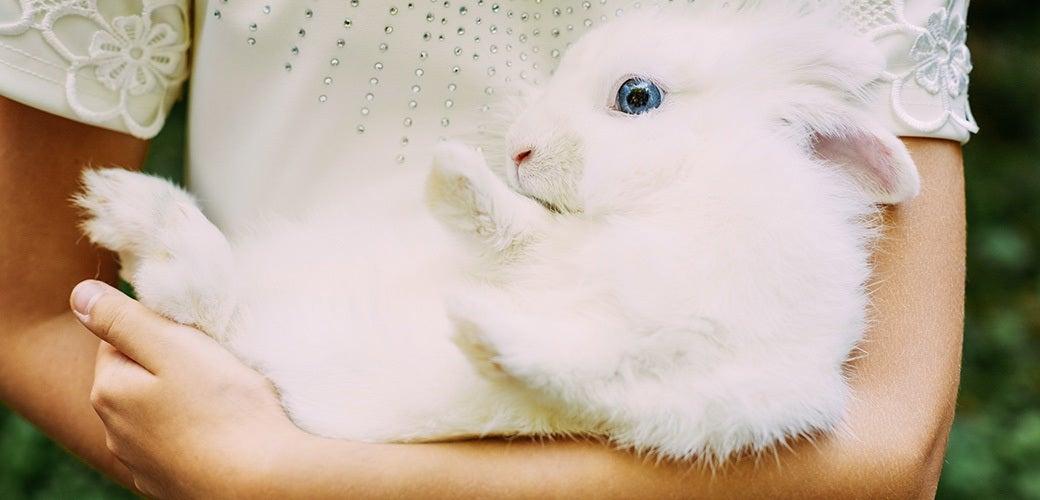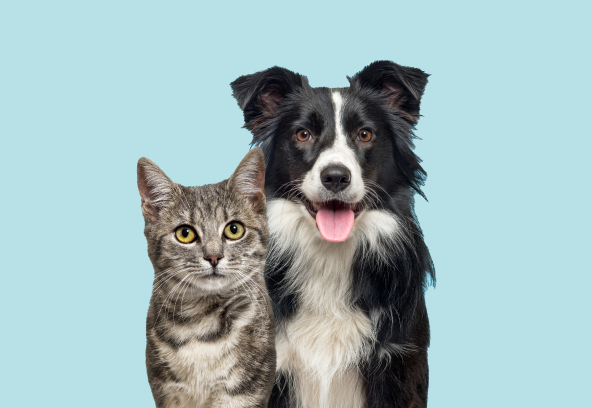
What is RHDV1 K5?

The Ministry of Primary Industries has approved Rabbit Haemorrhagic Disease Virus K5 strain for pest rabbit management. The deadly virus strain will be introduced nationwide from late March 2018 through April 2018...
K5 is deadly for rabbits
The K5 virus is a new Korean strain or variant of the rabbit calicivirus RHDV1 which results in cold-like symptoms occurring from 24-72 hours after infection. Infected rabbits usually die within 6-36 hours of the first symptoms showing. There are no treatments for rabbits that are infected.
The virus spreads quickly through direct contact with infected rabbits or insects such as flies. Even if your rabbits don’t have direct contact with wild rabbits, they could still become infected. The virus could affect 35% of the rabbit population in NZ.
Since the virus is contagious, it could also affect domestic rabbits, so it is recommended that pet owners are proactive in protecting their rabbits from the virus.
Protect your pet rabbits from K5
The Cylap vaccine is available to protect domestic rabbits from the new strain. It takes up to 21 days for the vaccine to take effect so pet owners should act urgently to ensure their rabbits are protected from the K5 virus.
Pet rabbits should be vaccinated from 10 weeks and then given booster shots according to their vet’s recommendation. After that, annual booster shots should be used to keep protections up to date.
Tips to reduce the likelihood of coming in contact with the K5 virus
- Control insects (especially flies and fleas) as much as possible. Flies are the main vector through which the virus is spread.
- Remove uneaten food.
- Keep your pet rabbit indoors where possible.
- Rabbit-proof your backyard to prevent access by wild rabbits.
- Regularly decontaminate equipment and materials (e.g. cages, hutches, bowls) with either 10% bleach or 10% sodium hydroxide. 10 minutes' contact time is required, then rinse off.
- Limit contact with and handling of unfamiliar pet rabbits.
- Use good biosecurity measures (e.g. wash hands, shoes, clothing) after handling other people’s rabbits.
- Avoid cutting grass and feeding it to your rabbits if there is the risk of contamination from wild rabbits.
So, take care with your bunnies and chat with your vet about the best preventative options available for you.

